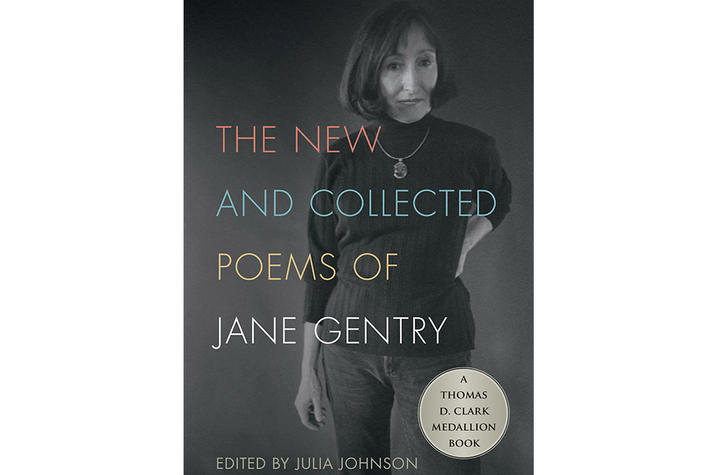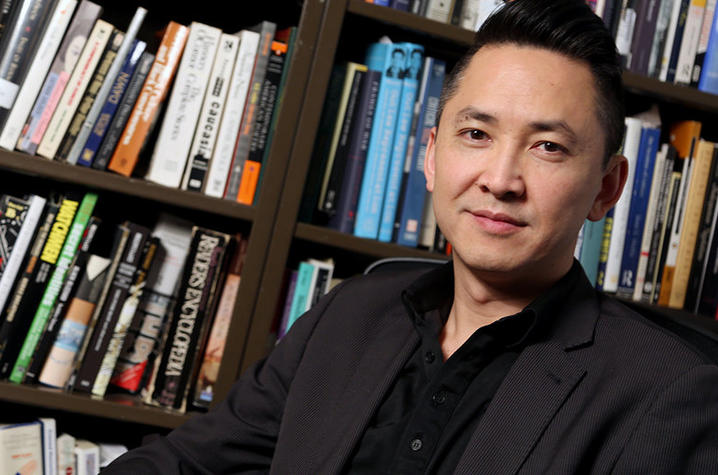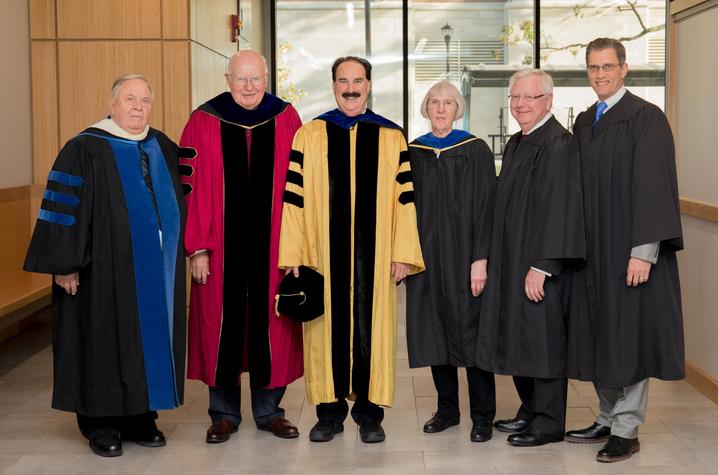Remembering and Honoring Jane Gentry
By Mack McCormick and Whitney Hale

UK Hosts Evening With MacArthur 'Genius' and Author Viet Thanh Nguyen
By Whitney Hale

Viet Thanh Nguyen. Photo by Matt Meindl.
A&S Hall of Fame 2017 - Charlie Grizzle
Charles L. Grizzle (Charlie), a native of Argillite, Kentucky, in Greenup County, earned his Bachelor of Arts degree in English in 1973. He spent nearly a decade in banking in Louisville, during which time he was involved in numerous political campaigns, including Deputy Chairman for the Reagan campaign in Kentucky in 1980. Following a brief stint as Executive Director of the Republican Party of Kentucky, Grizzle moved to Washington, D.C., to accept a position in the Reagan Administration at the U.S. Department of Agriculture. In 1988, President Reagan nominated and the U.S.
2017 A&S Hall of Fame
A&S celebrates the 2017 Hall of Fame! For more information and to watch the ceremony visit:
https://alumni-friends.as.uky.edu/halloffame
Understanding, Educating, and Supporting Undocumented Students at UK
College of Arts and Sciences Honors Alumni, Professors
By Gail Hairston

(Left to right) Dan Reedy, Karl Raitz, Dean Mark Kornbluh, Martha Rolingson, Charles Grizzle and Tom Spalding.
The University of Kentucky College of Arts and Sciences celebrated its Hall of Fame Induction Ceremony on Friday, Oct. 6, at the Don & Cathy Jacobs Science Building.
NYT Columnist, Pulitzer Prize Winner Challenges UK Students to 'Change the World'
By Tiffany Molina and Gail Hairston
On Oct. 26, the University of Kentucky International Center will welcome Nicholas Kristof, two-time Pulitzer Prize winner and well-known columnist with The New York Times. Kristof’s talk, “A Path Appears: How Students Can Change the World,” is sponsored by the Office of the Provost, the College of Arts and Sciences, the Gatton College of Business and Economics, and the School of Journalism and Media.
